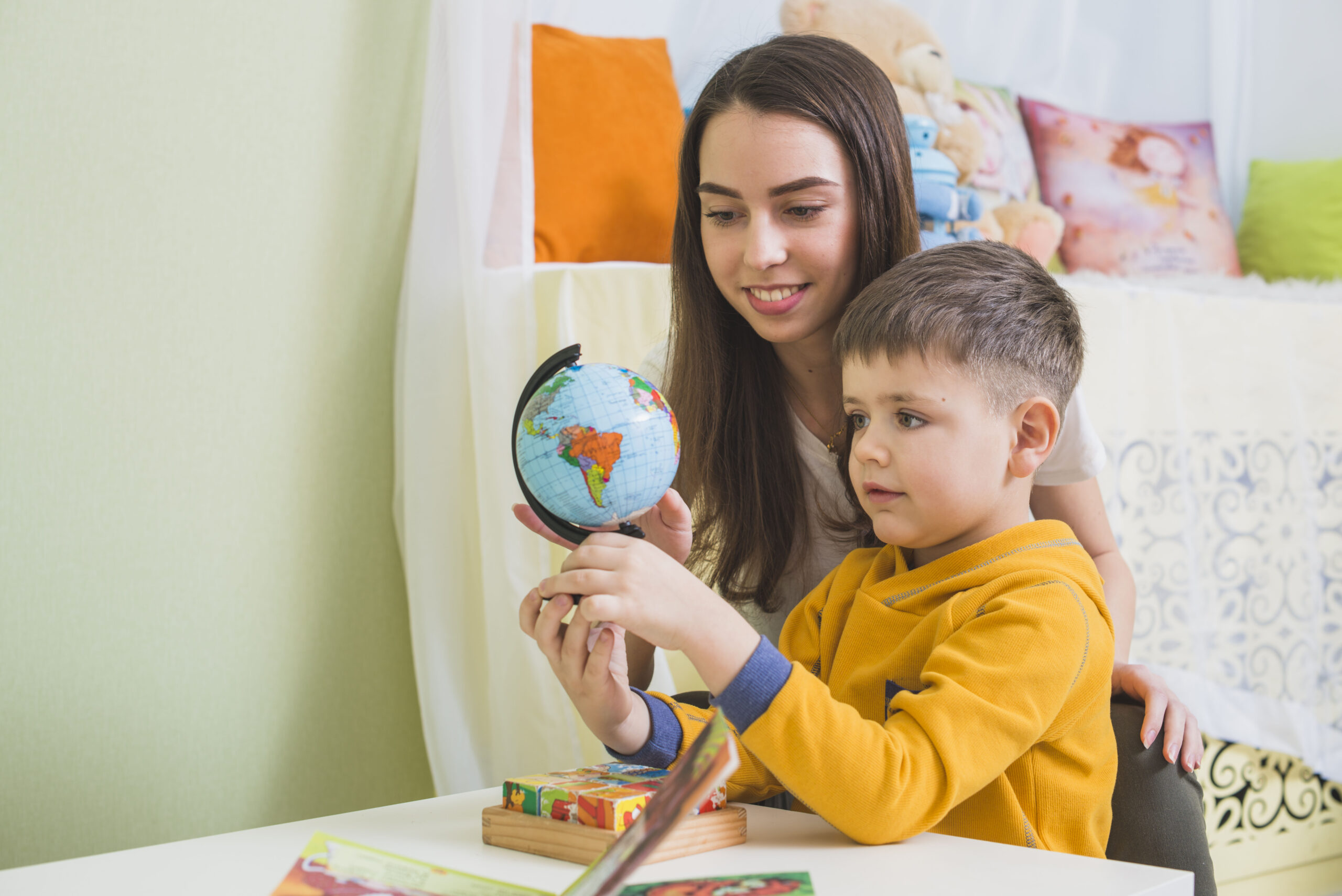Why Is Special Education Important in Pakistan Today?
When a large number of children in Pakistan don’t attend school, those with disabilities have an even tougher time. Even though special education helps create an equitable school system, it is sometimes neglected. This post explores the importance of special education in Pakistan, the ongoing problems of special education in Pakistan, and the valuable role of education based nonprofits in addressing these gaps.
What Does Special Education Mean?
Through special education, students with any kind of physical, emotional, intellectual, or learning disability are provided extra support. Those involved use particular teaching methods, qualified educators, and suitable resources to assist children with reaching their potential.
The Importance of Pakistan
The importance of special education cannot be overstated. According to several estimates, more than 5 million kids in India have a disability. However, the majority of children do not go to school.
The issue is significant since education is a right that people hold. No matter how capable they are, every child has the right to learn, develop, and give something to our society. Support for children with disabilities is necessary, as a lack of it can cause them to be rejected by the community and even lose their ability to earn money as adults.
Special education helps not only with learning but also provides these children and their families with self-esteem, trust, and faith.
Common Barriers Faced
The problems of special education are so complex. Let me detail the most urgent of these problems:
Lack of Trained Teachers
Unfortunately, finding enough such professionals is a challenge for Pakistan. The majority of mainstream school teachers have not received training on inclusive education.
Poor Infrastructure
No special equipment, rooms, or ramps are available for them. Thus, they are unable to come due to physical limitations.
Social Stigma
Parents of those with disabilities regularly encounter feelings of shame and criticism in society. Many mothers and fathers worry about discrimination or bullying and feel reluctant to enrol their children in school.
Limited Government Support
Enforcing the laws is lacking. There is not much money set aside for special education and little is done to prevent schools from excluding some students.
How Education-Based Nonprofits Help
They offer grassroots assistance to children with disabilities and support inclusive learning.
Community Awareness
Quite often, nonprofits create awareness activities to modify the public’s views on certain subjects. They want to lower the stigma and explain to parents that every child should receive an education just as much as others.
Teacher Training
Certain organizations organize training sessions and workshops for teachers. It allows for the formation of a group of experts who are well prepared to assist students with special needs.
Accessible Learning Materials
Nonprofits can help by supplying braille books, audio courses, and instructions in sign language, among other resources. They can provide a new learning path for kids who have difficulty in regular classrooms.
School Support
Nonprofits join with schools to make space for resources and to ensure inclusion. This means children with disabilities can learn in the same class as other students.
Policy Change Needs
Even though nonprofits are assisting, they are not the only solution. To achieve lasting results, it is the government that must take action.
- Additional money should be given to strengthen the education of teachers and upgrade school buildings.
- Policies encouraging inclusive education should be applied more strictly.
- We need to improve our data to identify the number of children with disabilities who are not going to school and find out why.
When the system gets better policies and reliable support, it can address the needs of all children.
Building a Better Future
The importance of special education in Pakistan goes beyond helping a few individuals. It is focused on achieving a fair and welcoming community. When children with disabilities receive an education, they can help themselves and help society as well.
At the same time, we must continue to address the problems of special education in Pakistan. Possessing some long-standing programs or substantial actions helps little on its own. When acceptance is common, meaningful change can take place.
That’s where the efforts of education-based nonprofits are so valuable. In situations where the system trips up, they make a difference and confirm that one student can make a positive change.
Final Thoughts
Children who have disabilities are not a hassle — they are capable of much. These designers have to be in an environment where they can thrive. Now is the moment to ensure all children in Pakistan can receive an education.
All of us, including parents, educators, nonprofit groups and policy makers, should join forces to ensure that all kids have the best chances in school. Since giving every child access to education is good for everyone.

